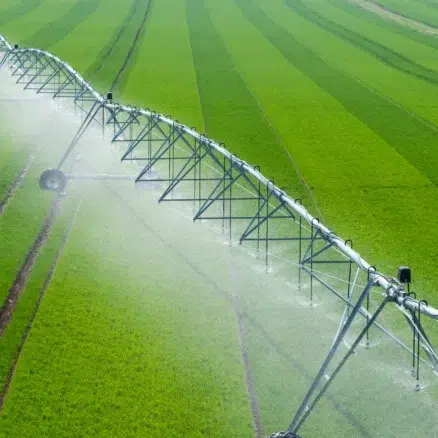Discover cost-effective strategies for German food retailers to cut Scope 3 FLAG emissions and meet 2030 climate targets.
This report provides a comprehensive analysis of cost-effective strategies that German food retailers can adopt to reduce Scope 3 FLAG (Forest, Land, and Agriculture) emissions and meet 2030 climate targets. The analysis focuses on three key areas: a plant-rich food system, improvements in agricultural practices, and reductions in food loss and waste (FLW) in meat and dairy products. The findings suggest that promoting a plant-rich food system offers the most immediate and cost-effective opportunity for emissions reduction. Enhancing and transitioning agricultural practices – although requiring greater investment and more resources – provide improvements which are essential for achieving long-term, holistic sustainability goals. Reducing FLW in dairy and meat products has a relatively smaller impact on emissions but should continue to be scaled to enhance its role within comprehensive climate and sustainability strategies.
Key takeaways
- A plant-rich food system, through the substitution of animal meat and milk with plant-based alternatives, could reduce emissions by up to 16 MtCO₂e at a cost-effective average marginal abatement cost of up to –156 €/tCO₂e, making them essential for near-term climate investment strategies.
- Improvement of agricultural practices in the EU offer high emissions reduction potential as well, estimated at 17 MtCO₂e. However, near-term marginal abatement costs vary widely from -32 €/tCO₂e to over 1,000 €/tCO₂e, making them essential for long-term climate investment strategies.
- Germany’s FLW reduction (in animal dairy and meat products) potential is modest at less than 1 MtCO₂e, with an average marginal abatement cost of 72 €/tCO₂e, indicating limited scale and suggesting it should not be the sole focus of climate strategies.




